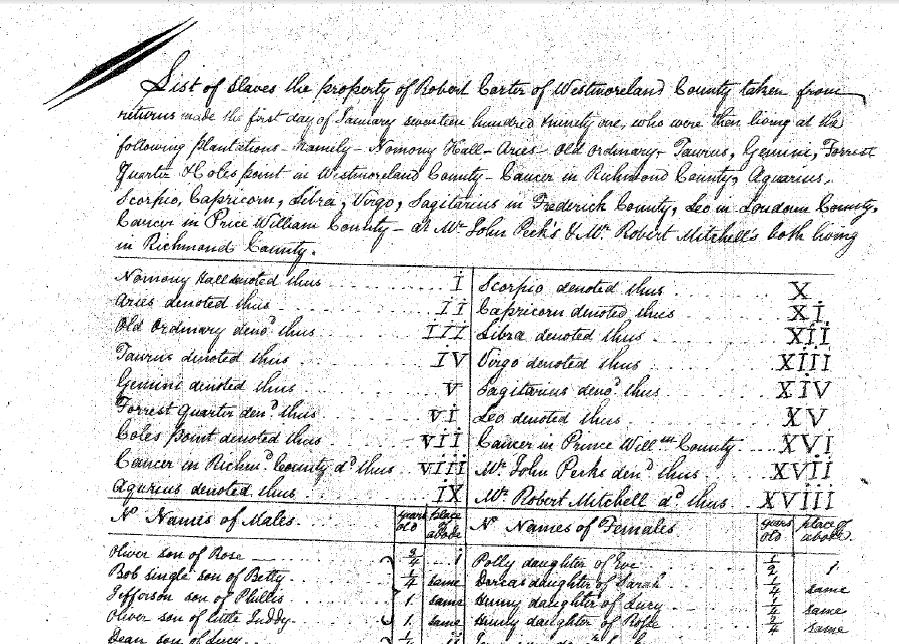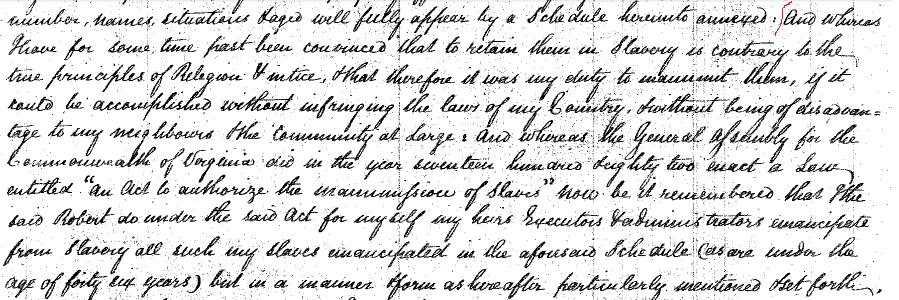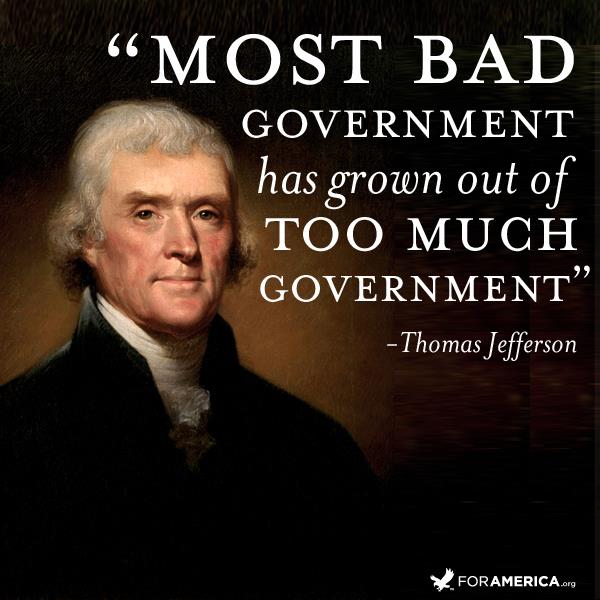Part one is here; part two of The Blaze series where Barton answers his critics is more of the same from David Barton’s first response on his Wallbuilders’ website.
The article does not mention that Coulter and I are conservative Christians, both being active in our churches, we are not afraid of religion. We did not write our book to attack Christianity but to be faithful to it. In light of that fact, a reasonable question would have been: why are conservative Christians are also critiquing your work?
Seemingly oblivious to the irony, Barton criticizes me for writing about history since I am a psychologist.
“They don’t attack the facts — they attack the education – and that’s a way to change the topic,” Barton said. “If education really matters, there’s a lot I can point out. Ben Franklin didn’t have an education at all. George Washington didn’t have a military education.”
The historian explained that Americans have traditionally prided themselves “not on the labors you wear, but the fruit you produce.” He took specific aim at Warren Throckmorton, an associate professor of psychology at Grove City College (we mentioned Throckmorton in our original piece).
“The case of Throckmorton is a great example. He’s a psychology guy. Tell me what history experience he has — he has no training in that area at all,” he said, going on to wonder why Throckmorton is permitted to critique him with little scrutiny when he, too, purportedly has little formal history education.
We did attack “the facts.”
Furthermore, do you see what he did there? He said his critics don’t attack the facts but rather his education and then he did the same thing to me (ignoring my co-author, Michael Coulter) in the next paragraph. He didn’t answer our facts (even the ones raised in Part one of the Blaze series), he just criticized my profession and his perception of my training.
The primary question of fact Barton addresses is Jefferson’s faith. He says Jefferson was unorthodox in the last 15 years of his life. Jefferson was unorthodox as an older man but he began his skepticism of the Trinity before 1788 (he died in 1826), if we can believe his letter to J. P. Derieux — a letter that Barton does not cite in The Jefferson Lies.
To be continued, I am sure…


